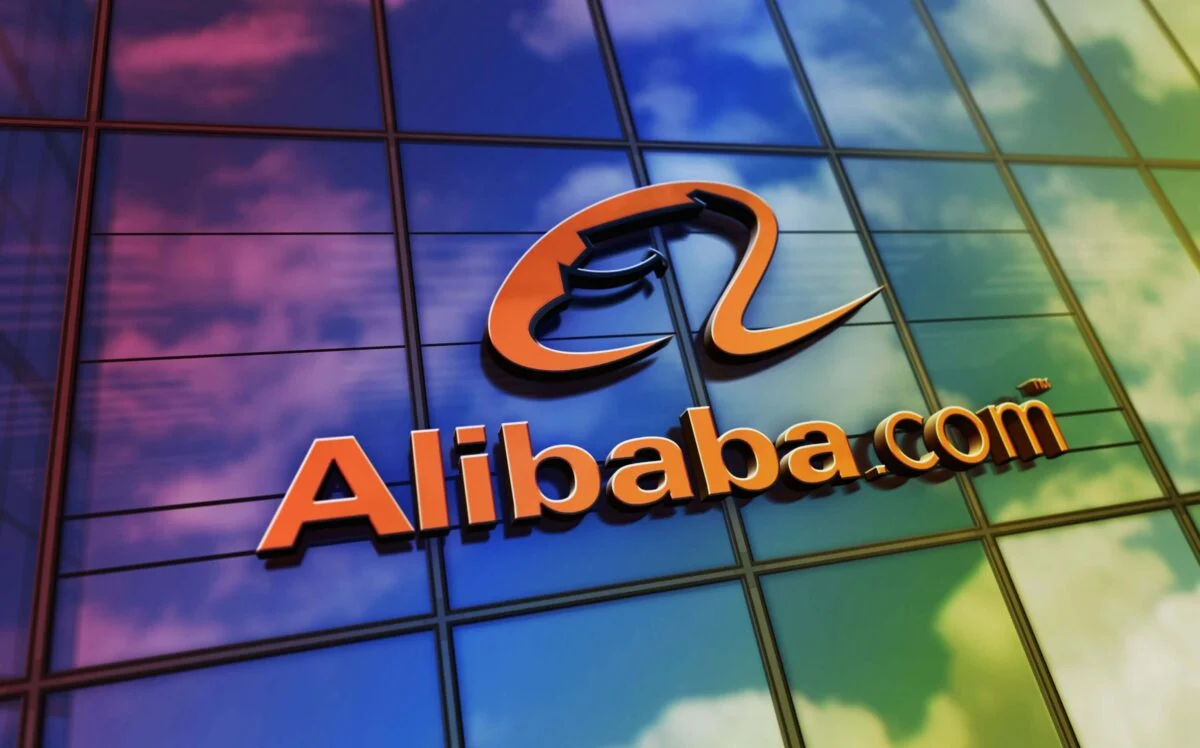TLDR
- Alibaba shares jumped over 4% in Hong Kong after reports emerged that the company is developing “Plan C,” a new AI project designed to compete with ByteDance’s Doubao chatbot.
- The project is being built by Alibaba’s Quark unit with support from Tongyi Labs, which develops the company’s Qwen large language models and is a key player in China’s AI market.
- Alibaba stock is trading near four-year highs around $166, up roughly 85-97% year-to-date in 2025, making it one of the top tech comeback stories of the year.
- The company unveiled a $53 billion three-year investment plan for AI development and cloud infrastructure, including a 1-trillion-parameter AI model and partnerships with NVIDIA.
- Alibaba Cloud revenue surged 26% last quarter, far outpacing the company’s core e-commerce growth of about 10%, as demand for AI computing services explodes in China.
Alibaba shares climbed more than 4% in Hong Kong trading on Tuesday after Chinese media reported the tech giant is working on a new artificial intelligence project. The company’s stock hit HK$169.0 and was one of the biggest contributors to the Hang Seng index’s 1.7% gain.
Alibaba Group Holding Limited, BABA
Chinese outlet Sina Tech broke the news that Alibaba’s Quark unit is developing an initiative called “Plan C.” The project focuses on building conversational AI products that could directly compete with ByteDance’s popular Doubao chatbot.
Plan C is being developed by Quark’s core team with backing from Alibaba’s Tongyi Labs. Tongyi Labs sits at the center of Alibaba’s AI development work and has created all of the company’s flagship Qwen large language models.
The unit competes head-to-head with ByteDance in the Chinese AI market. ByteDance has become one of China’s biggest AI developers through its Doubao platform.
The news comes as Alibaba’s stock trades around $166 on the New York Stock Exchange. That puts shares near their highest level in four years.
Year-to-date, the stock has soared between 85% and 97%. This makes Alibaba one of 2025’s biggest tech recovery stories, vastly outperforming broader market indexes.
AI Investment Drives Growth
Under CEO Eddie Wu, Alibaba has gone all-in on artificial intelligence and cloud computing. The company announced a three-year plan to invest 380 billion yuan (about $53 billion) into AI development and cloud infrastructure.
At its Apsara tech conference in late September, Alibaba introduced Qwen-3 Max. This 1-trillion-parameter AI model matches the capabilities of the world’s largest AI systems.
The company also unveiled Qwen-3 Omni for vision and augmented reality tasks. Alibaba announced collaborations with NVIDIA to co-develop AI chips and software.
These AI announcements triggered an 8% stock jump in a single day. Investors bet on Alibaba’s potential as an AI leader.
Alibaba’s cloud division is already seeing real results from the AI push. Cloud revenue jumped 26% year-over-year in the June quarter, far outpacing the roughly 10% growth in core e-commerce.
Demand for AI computing services has exploded across China. Alibaba Cloud provides the infrastructure for many companies training large language models and generative AI.
The cloud boom helped lift total quarterly revenue by about 14% to 247.7 billion yuan. JPMorgan raised its 12-month price target for Alibaba by nearly 45% in early October, citing a “growth inflection” from AI and cloud initiatives.
However, heavy spending on AI projects and cloud infrastructure has pressured profit margins. Operating income fell 3% last quarter and adjusted EBITDA dropped 14% year-over-year despite revenue gains.
CFO Toby Xu acknowledged that “profitability was impacted by growth initiatives” like user acquisition costs and tech research. But Alibaba can afford it with over $20 billion in net income last year and $23 billion in net cash on hand.
Wall Street Weighs In
Wall Street analysts remain overwhelmingly bullish on Alibaba. Currently, 17 out of 18 analysts rate the stock as a “Buy” or equivalent, with only one Hold rating and zero Sell ratings.
The consensus 12-month price target sits around $184. However, some top analysts see much more upside if Alibaba executes well.
JPMorgan now projects shares could reach $240 by late 2026. Jefferies has a $230 target, citing potential value from possible spin-offs and a recovering Chinese economy.
CLSA recently lifted its target from $155 to $200. Goldman Sachs highlighted Alibaba as a top pick among Chinese companies expanding globally.
Analysts expect Alibaba’s revenue growth to accelerate into the high-teens percentage range. Consensus forecasts call for earnings per share to grow 15-20% annually over the next few years.
China’s regulatory environment has become much friendlier this year. Chinese authorities have softened their stance as they look to the tech sector to help revive economic growth.
However, geopolitical risks remain on the radar. U.S.-China tensions over semiconductor export controls and potential tariffs have periodically rattled the stock, though buyers have consistently stepped in on dips.
Alibaba’s market capitalization now stands at around $430 billion. The company’s next earnings report is expected in November.





